FIVE-STAR TEAM WARRANTY &
SAME-DAY SERVICE
How to Fix Water Heater Leaking in 5 Easy Steps
Dealing with a leaking water heater can be a frustrating and concerning experience for any homeowner. Not only does it disrupt your daily routine, but it can also lead to water damage and increased utility bills if left unattended. Fortunately, many water heater leaks can be resolved quickly with the right approach. Here are five easy steps to fix a leaking water heater:
1. Turn Off the Power and Water Supply: Safety should always be your top priority when dealing with a leaking water heater. Before attempting any repairs, shut off the power supply to the water heater at the circuit breaker or fuse box. If your water heater is electric, switch off the power directly at the unit.If you have a gas water heater, then move the lever on the thermostat to pilot mode. Next, locate the cold water shut-off valve connected to the water heater and turn it clockwise to shut off the water supply.
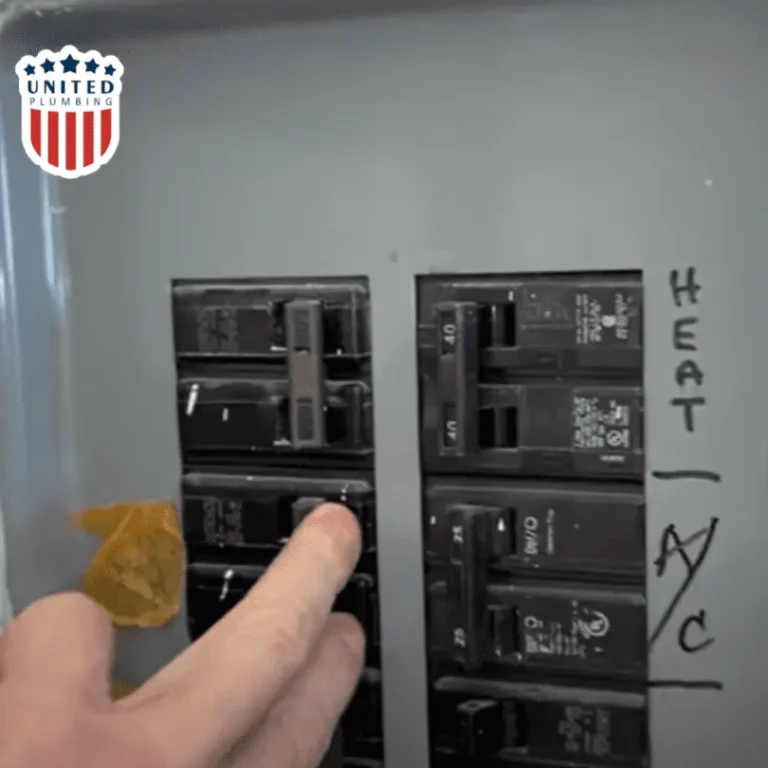
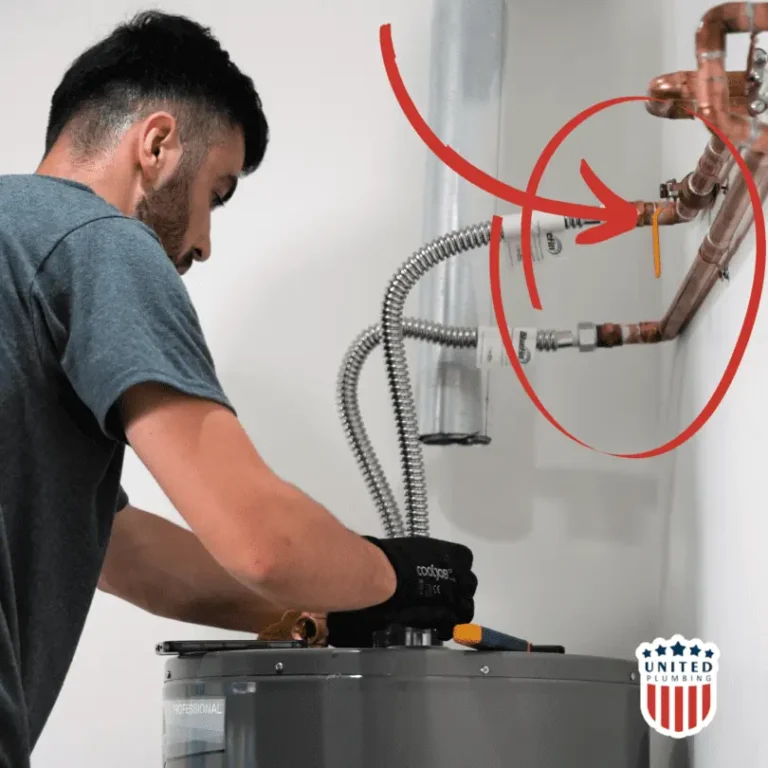
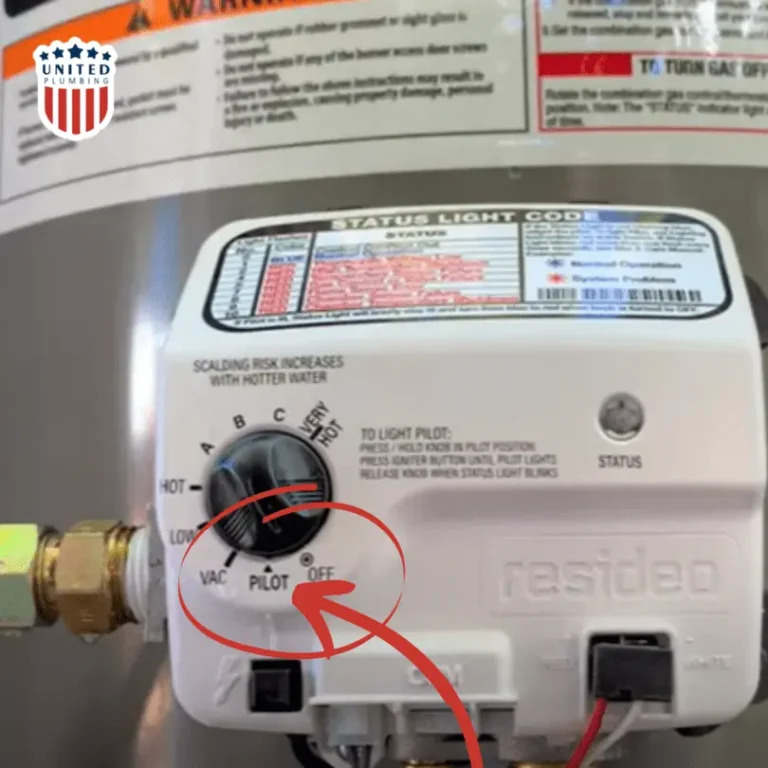
2. Identify the Source of the Leak: Water heater leaks can originate from various points, including the pressure relief valve, drain valve, inlet and outlet connections, or the tank itself. Carefully inspect the water heater to determine the source of the leak. Look for signs of dripping, pooling water, or moisture around the tank and plumbing connections.
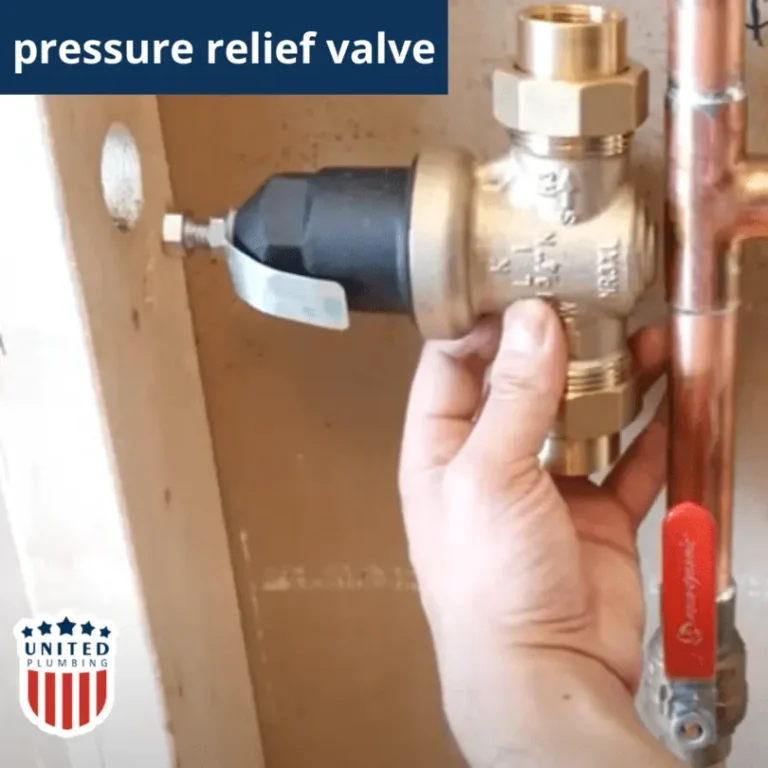
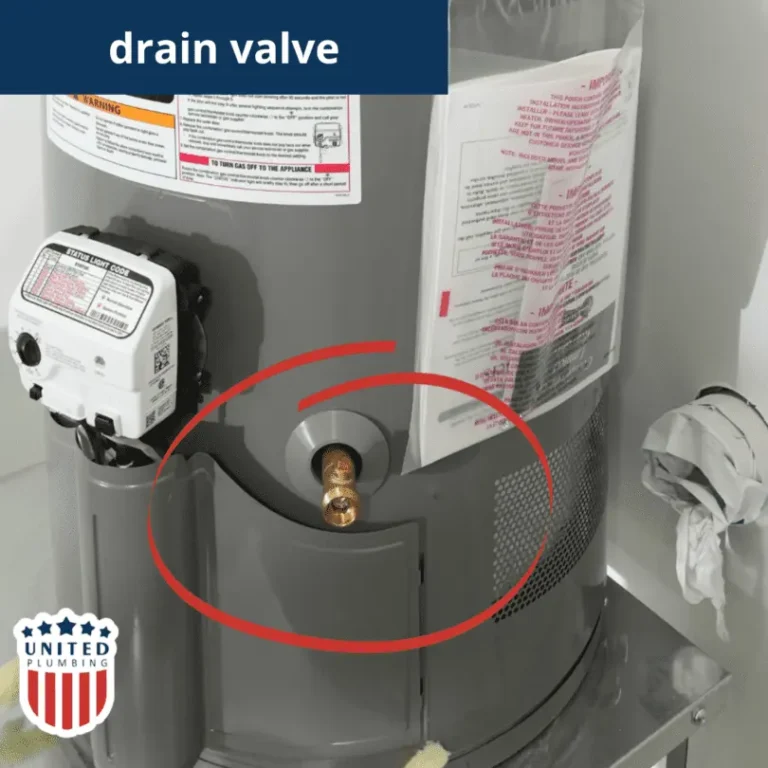
3. Tighten Loose Connections: In many cases, leaks occur due to loose or damaged plumbing connections. Use a wrench to tighten any loose fittings, including the inlet and outlet connections, pressure relief valve, and drain valve. Be careful not to overtighten, as this can damage the threads or seals.
4. Replace Bad Components: If tightening the connections doesn’t stop the leak, the next step is to replace any faulty components. Common culprits include worn-out seals, corroded valves, or damaged pipes. You can find replacement parts at most hardware stores or plumbing supply stores. Follow the manufacturer’s instructions to safely remove the old components and install the new ones.
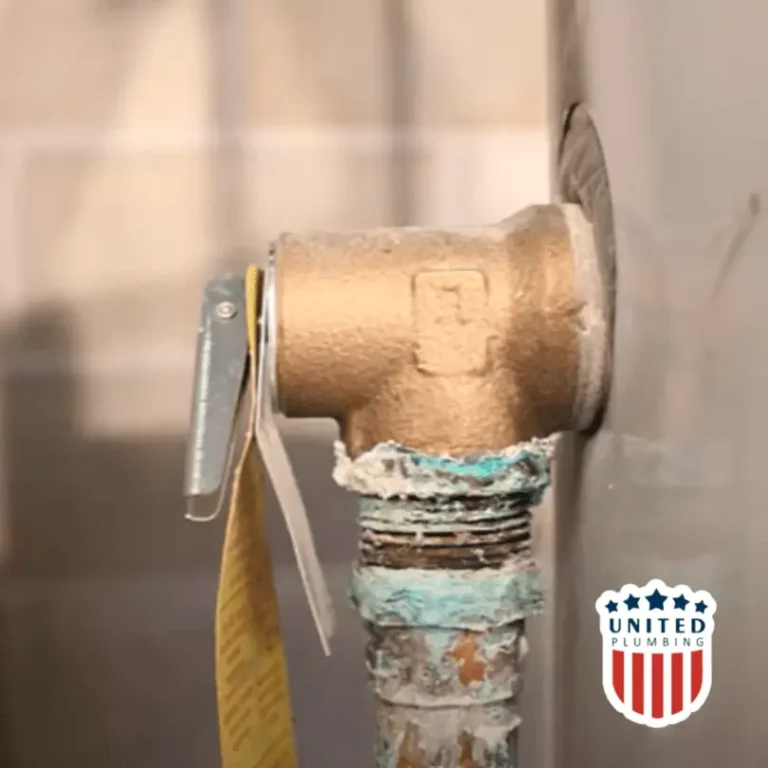
5. Test for Leaks: Once you’ve made the necessary repairs or replacements, it’s essential to test the water heater for leaks before restoring power and water supply. Slowly turn on the water supply valve and check for any signs of leakage around the repaired areas. If the leak persists, double-check the connections and components for proper installation and tightness.
Bonus Tip: Consider Drainage Solutions
If you’re dealing with a minor leak or condensation buildup, consider implementing additional drainage solutions to prevent water damage. Placing a drip pan underneath the water heater can help contain small leaks and protect your flooring. You can also install a drip tray alarm or water leak detector to alert you to any potential leaks before they escalate. How to flush your water heater.
Should I stop using water if the water heater is leaking?
Yes, if your water heater is leaking, it’s generally advisable to stop using hot water until the issue is resolved. Continuing to use a leaking water heater can exacerbate the problem and may lead to further damage, including water damage to your property and potential safety hazards.
By stopping the use of hot water when your water heater is leaking, you can mitigate the risk of further damage, ensure the safety of your household, and potentially reduce utility costs. Instead, focus on addressing the leak promptly by following appropriate repair steps or contacting a qualified plumber for assistance.
In conclusion, fixing a leaking water heater doesn’t have to be a daunting task. By following these five easy steps and prioritizing safety, you can address most common water heater leaks quickly and effectively. However, if you’re unsure about how to proceed or if the leak persists despite your efforts, don’t hesitate to contact a licensed plumber for professional assistance. Taking prompt action can help prevent further damage and ensure the continued efficiency of your water heater.
Post views: 457
Latest posts
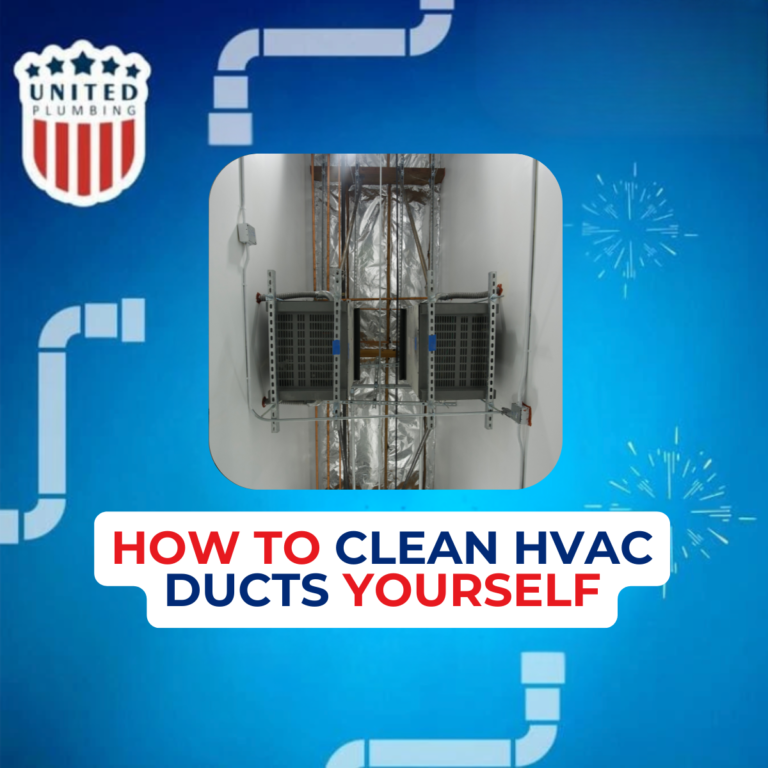
How to Clean HVAC Ducts Yourself
Why DIY Duct Cleaning Matters
Did you know dirty HVAC ducts can reduce your air conditioner’s efficiency and...
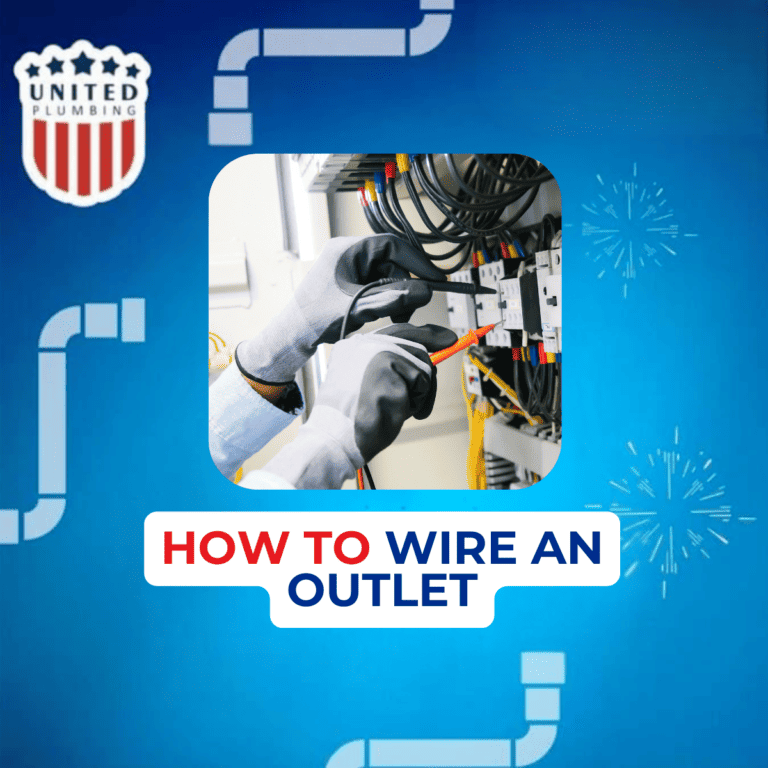
How To Wire an Outlet
Adding or replacing an electrical outlet in your home can seem intimidating, but with the right tools, safety steps,...


If you still have questions or need advice, please leave a request and we will contact you as soon as possible
Need a plumber and got no clue where to start?
(408) 539-6936Facing a plumbing issue? Get a FREE in-person estimate and quick solutions from our skilled technicians, ensuring your home runs smoothly again!
